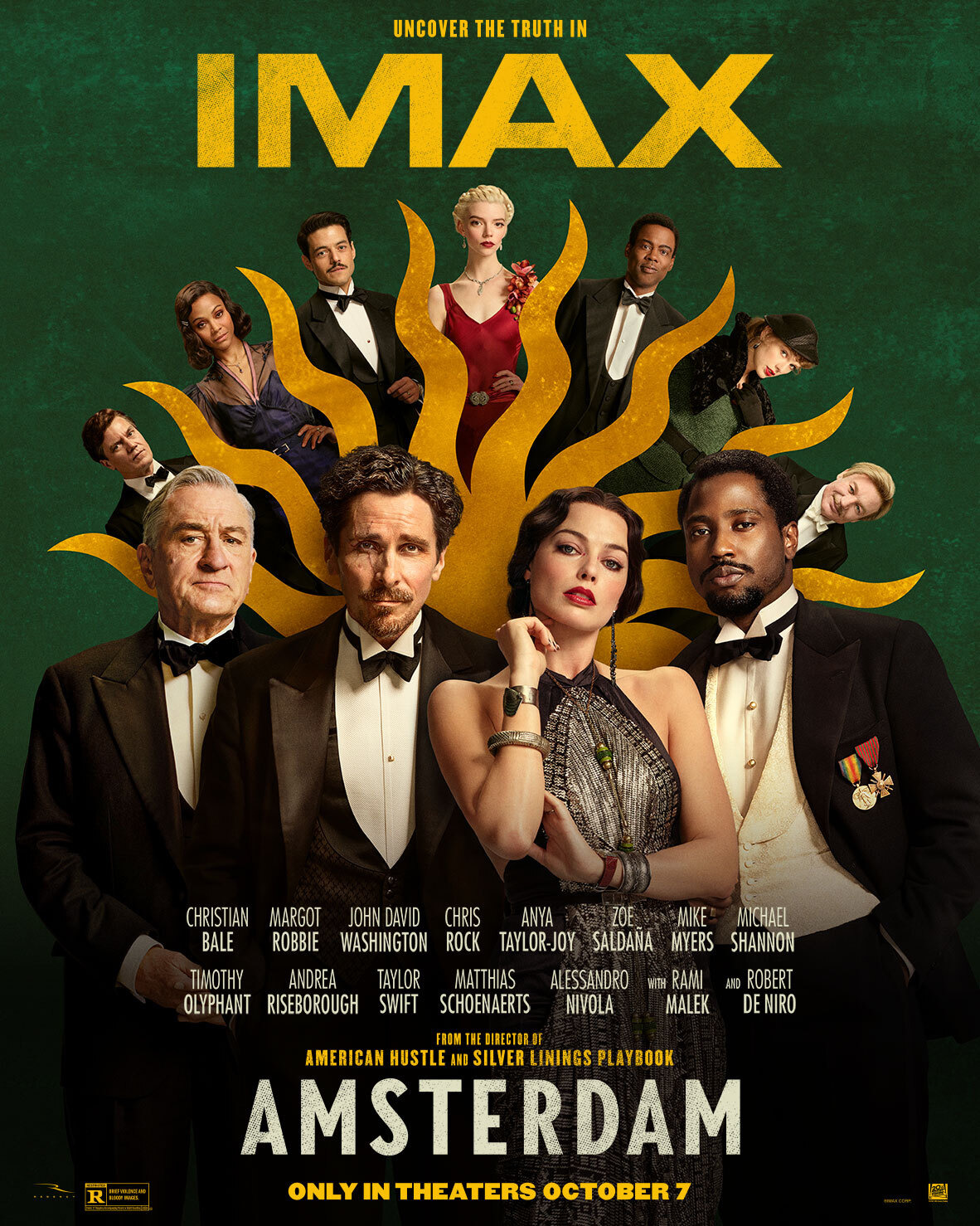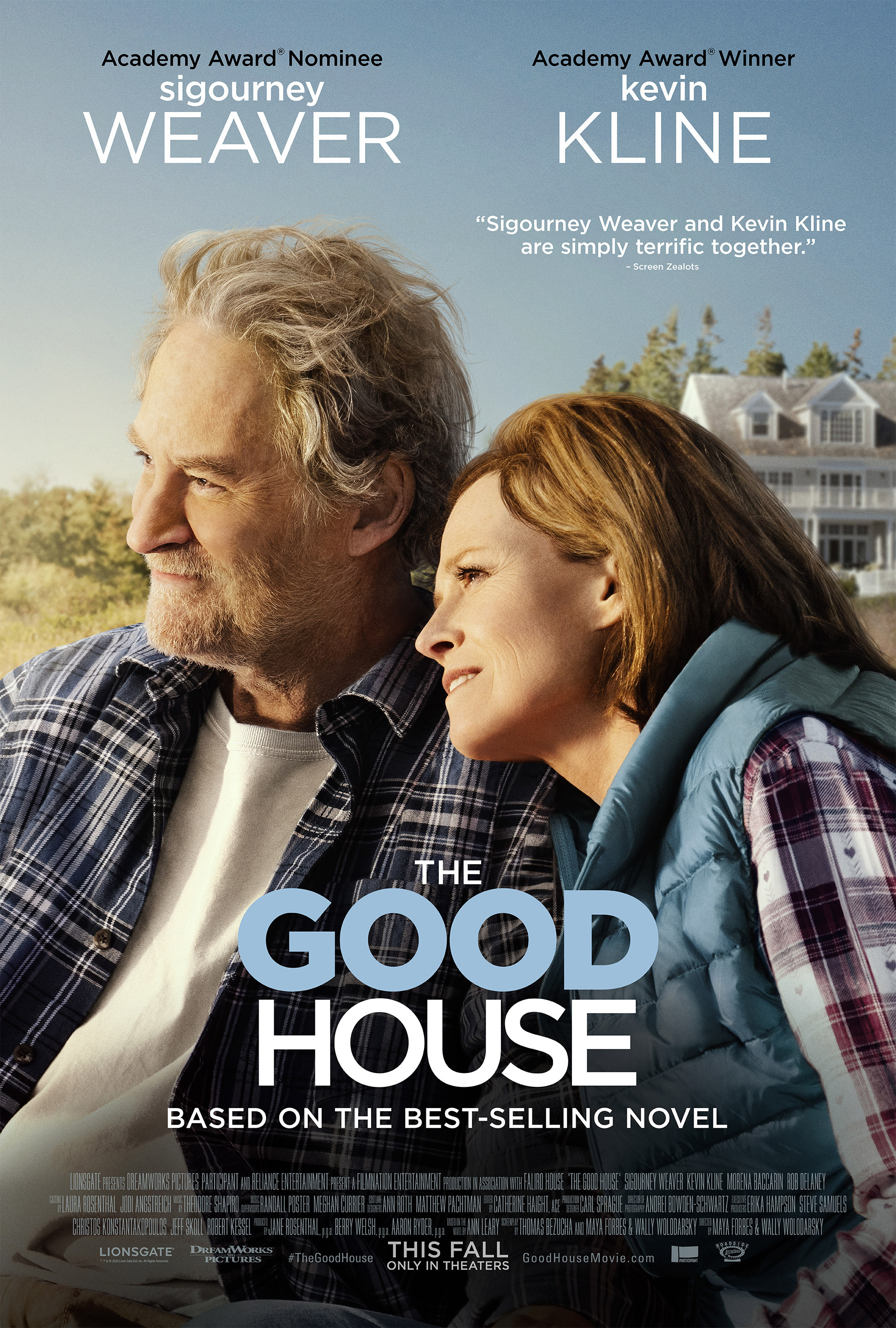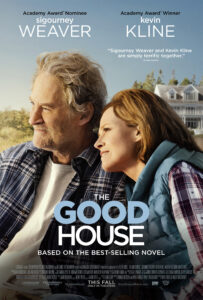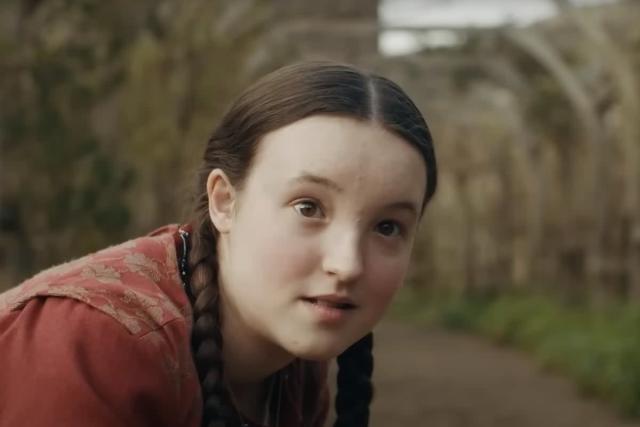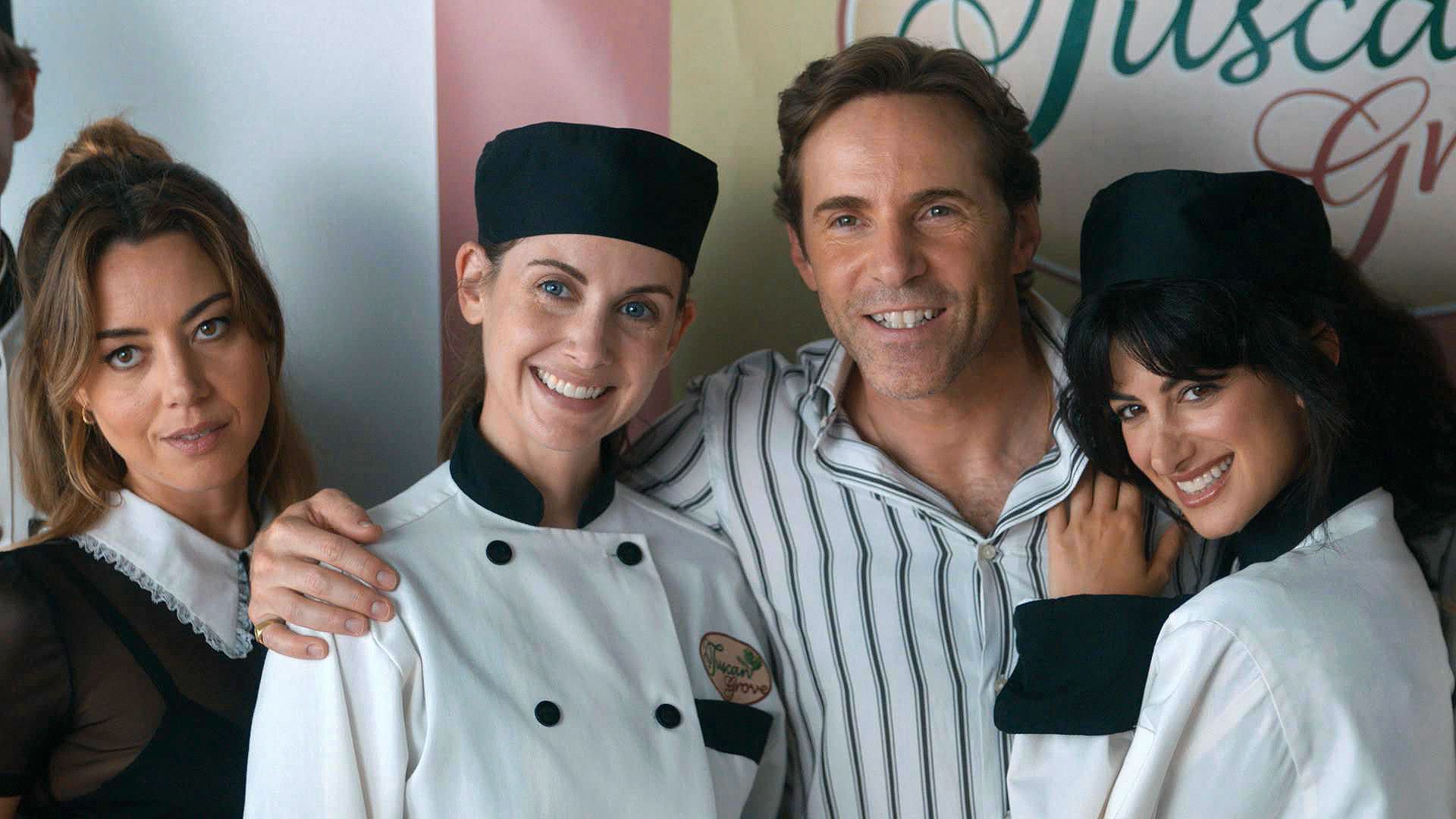Amsterdam
Posted on October 6, 2022 at 5:20 pm
B-| Lowest Recommended Age: | Mature High Schooler |
| MPAA Rating: | Rated R for brief violence and bloody images |
| Profanity: | Brief strong language |
| Alcohol/ Drugs: | Alcohol and drug use |
| Violence/ Scariness: | Very graphic bloody images, wartime violence |
| Diversity Issues: | A theme of the movie |
| Date Released to Theaters: | October 7, 2022 |
| Date Released to DVD: | December 5, 2022 |
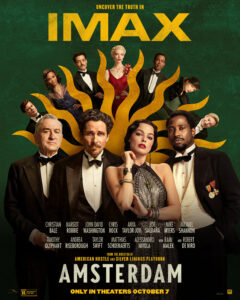
Amsterdam (the city) appears in the film only in a brief happy moment in the lives of the three main characters, who have sworn to be best friends and protect each other. They are two WWI veterans, Harold Woodman (John David Washington), who would become a lawyer, Burt Berendsen (Christian Bale), already a doctor, and Valerie (Margot Robbie), a nurse who cared for them in a French hospital for wounded soldiers. Harold is Black and Burt is half Jewish and lower class than his high society wife, and bigotry is evident throughout the story. Indeed, as we see in a flashback, they met when Black US soldiers in France objected to their racist white officers — they were not even allowed to wear the uniform of their country — and Burt was assigned by the kind, honorable General Meekins (Ed Begley Jr.) to treat the Black soldiers with honor and dignity.
In the movie’s present setting of 1933 New York, both Burt and Harold are devoting their lives to helping other wounded veterans. They themselves bear the scars of combat and Burt has a glass eye due to his injuries (second movie with Bale losing a glass eye after “The Big Short”). He is also experimenting with pain medication for his patients and taking a lot of it himself. The men are working on a gala dinner honoring their fellow veterans that will become of increasing importance.
Every role, even the smallest, is superbly cast, with Robbie as the high-spirited, dada-esque artist, Zoe Saldana as a sympathetic nurse passing for “Portuguese,” Beth Grant as a bouillabaisse-making devoted wife, Matthias Schoenaerts and Alessandro Nivola as police detectives, significantly one also a wounded vet and one who did not serve, Timothy Olyphant, almost unrecognizable in a role I won’t spoil, and Michael Shannon and Mike Myers — yes, that Mike Myers) as bird-loving “benefactors” who may not be completely forthcoming about their real interests. Every performance is outstanding, but so much so that they begin to throw the storyline out of whack. In films like “Silver Linings Playbook,” “American Hustle,” and “Flirting with Disaster,” Russell made the mixture of bittersweet situations and some leavening humor work to reveal the characters and move the story. Here it just gets distracting.
The daughter of General Meekins (Taylor Swift, yes, that Taylor Swift), asks Harold and Burt for help. Her father died on a ship returning from Europe, and she suspects that he may have been murdered. The efforts to investigate result in another murder, with Burt and Harold as the prime suspects. This leads to a series of encounters, revelations, and twists that I will not spoil. Also, I’m not sure I understood all of them.
I did understand the last 20 minutes. Everyone understood the last 20 minutes, thoug. I’m pretty sure you didn’t even have to watch the movie to understand the point. Russell bangs on his message with a sledgehammer, and then, just in case he wasn’t banging hard enough, he shows us archival footage of the person who inspired the character played by Robert De Niro. Even those sympathetic to the points he is trying to make about the parallels between the political conflicts of the pre-WWII era and today will find it overly didactic. Too much water, not enough apples.
Parents should know that this film includes bloody, graphic images of an autopsy and wartime violence, bigotry, alcohol and drug use (portrayed as comic in some instances), and brief strong language.
Family discussion: What parallels is Russell drawing to the politics of 2022? Why is the movie called “Amsterdam?” Read up on General Smedley Butler and the “Business Plot.”
If you like this, try: “Keeper of the Flame” and “State of the Union,” both starring Katharine Hepburn and Spencer Tracy

